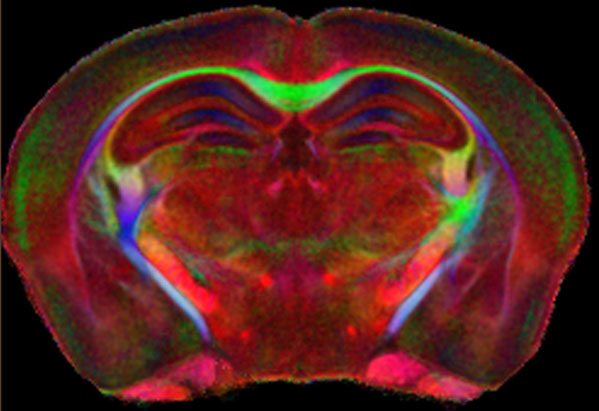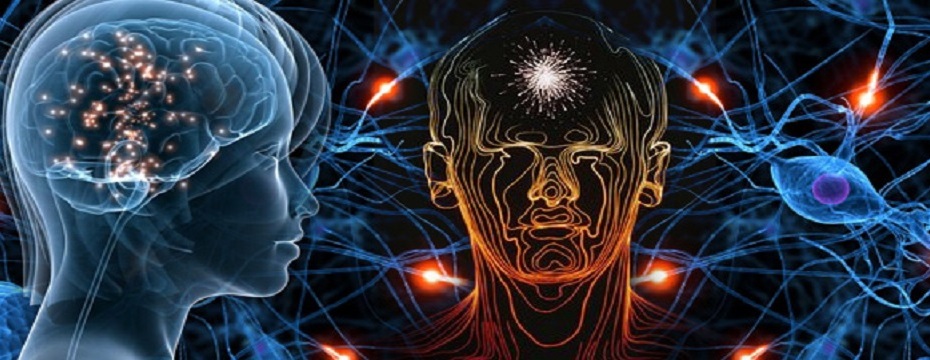Can we manipulate memories while we sleep?
Connection between sleep and memory has been known already a hundred years. We also know, that our brain is capable of doing some incredible things, while we are asleep. Scientists now discovered, how the brain produce special chemicals while we sleep. This process is not only about forming memories, but also to relieve past events our subconscious is interested in remembering.
At the beginning of November at the 2014 Society for Neuroscience meeting in the US, researcher Jennifer Choi Tudor, who study sleep from the University of Pennsylvania, presented a new study involving the sleep-induced brain chemical – 4EBP2.
Previous research in this field has shown that when you force a lab mice not to sleep, they struggled to remember things, and in their brains. The result was visible in lower levels of 4EBP2. In order to figure out, whether there was any connection, Choi Tudor and her team had to inject extra 4EBP2 into the mouse brains and then keep them up all night. After injection, their memory was normal.

Color map from a mouse brain in axial view, source: civm.duhs.duke.edu
This was not the end of the experiment. The second part was about investigation how the new memories are formed and the existing ones are changed during the sleep. The team monitored the brains, while the mice were awake and doing their own stuff, like they are used to do. They focused on specific brain cells, which were activated, when the mice entered specific regions of their cage. In one area, one of these cells were activated, in another area, another cell were activated and so on. Later on, when mice fell asleep, the scan revealed, that the same brain cells were activated, suggesting that the mice were subconsciously retracing their steps in their sleep, most likely to help them to remember where they have been.
[sc:ad-text]
After this result, do you think it is possible to change information of memories? Karim Benechenane, from the National Centre for Scientific Research in Paris, France has the answer for you. Benchenane and the team, stimulated the pleasure center in the mouse brain, while they were awake, every time, they enter specific region of the cage. They hoped, that if this process was repeated enough, that the place would be subconsciously connected to a pleasant memory. And sure enough, the mouse went to specific location to look for pleasurable reward.
The research as it is might sound creepy. I mean, one is artificially manipulating brains in order to create positive memories, but it can be very helpful for people, who have to deal with the experience of post-traumatic stress disorder. In other words – they are giving the brain a chance to correct remaining and unhealthy bad feelings associated with a past event.
source:sciencealert.com
[sc:end t=”Scientists know the connection between sleep and memory”]








Leave a Reply